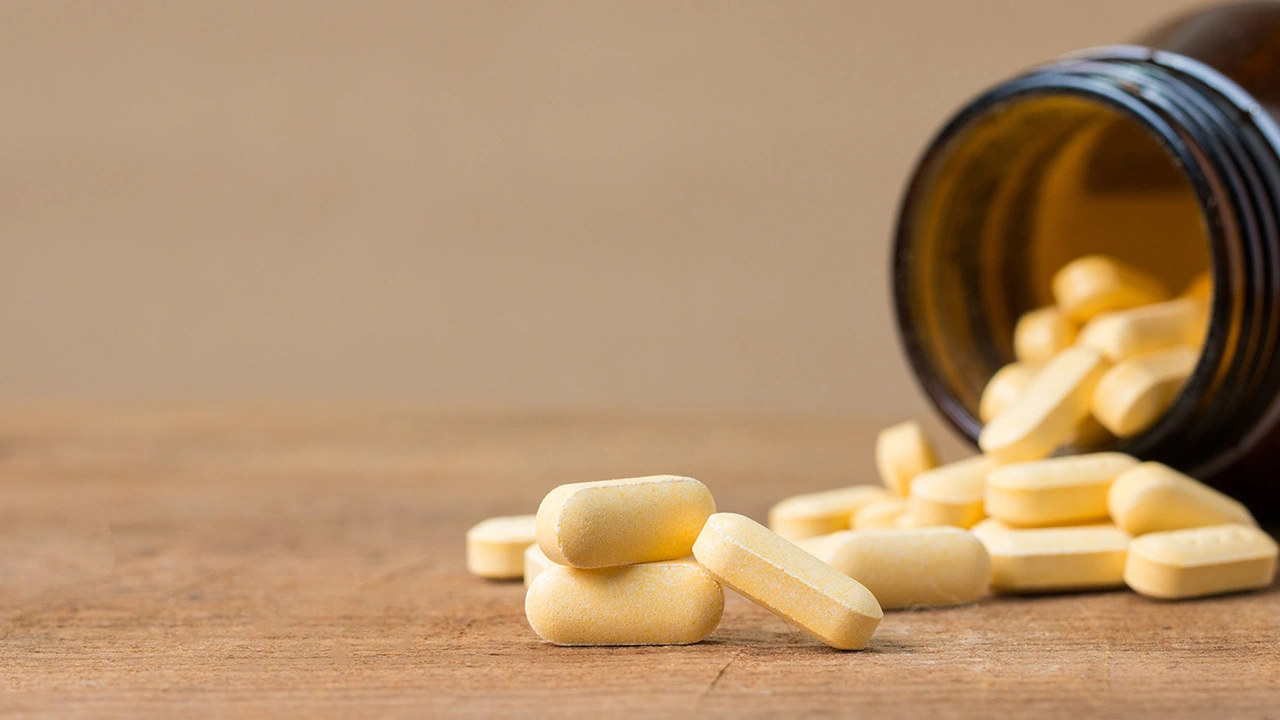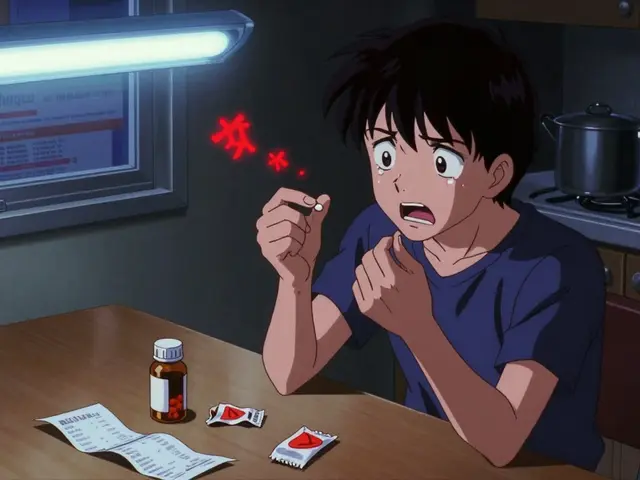Gamma-Hydroxybutyrate (GHB): What You Need to Know
GHB has two faces: a legitimate medicine for sleep disorders and a drug tied to dangerous overdoses and assaults. If you’ve heard of sodium oxybate, that’s the medical form of GHB. But when used outside a doctor’s supervision, it can put you or someone else at serious risk. Read on for clear, practical facts so you can tell safe use from risky behavior.
How GHB Works and Where It’s Used
GHB is a central nervous system depressant. At low, controlled doses (under prescription), it can help people with narcolepsy by improving nighttime sleep and reducing daytime sleep attacks. Doctors prescribe it as sodium oxybate under strict programs because the dose window—what helps versus what harms—is narrow.
In non-medical settings, GHB is taken for euphoria, relaxation, or to boost sexual experiences. Problem is, street GHB is often mixed with other substances and the strength can vary wildly. That unpredictability is the main cause of harm.
Risks, Interactions, and Safety Tips
Overdose is the biggest danger. Signs include slow or shallow breathing, very low heart rate, extreme drowsiness, confusion, vomiting while unconscious, and loss of consciousness. GHB plus alcohol or benzodiazepines (like Xanax, Valium) greatly raises the chance of respiratory failure. Don’t mix these.
If you see someone who might be overdosing, act fast: call emergency services, keep them on their side to prevent choking, and stay with them until help arrives. Do not try to make them vomit or give stimulants—those can make things worse.
For people prescribed sodium oxybate: follow the exact rules your clinic gives you. Dosing schedules and storage rules are strict. Never share prescribed medication. Prescribed programs often require enrollment, verification, and safe dispensing to reduce diversion and misuse.
Harm-reduction if you or someone you know is using recreationally: never mix GHB with alcohol or depressant drugs; avoid using alone; tell a sober friend what you took and how much; know the signs of overdose; and seek medical help immediately if anything feels off. Testing kits can check for adulterants, but they don’t make use safe—only reduce some unknowns.
Legal status varies by country. In many places, non-prescribed possession or sale of GHB is illegal and carries serious penalties. Medical forms like sodium oxybate are tightly controlled and dispensed only through special programs.
If you’re worried about your own use or someone else’s, talk to a healthcare provider or contact local support services. For suspected poisoning, call your local emergency number or poison control right away. Staying informed and avoiding risky combinations can prevent harm—if you or someone is in danger, get help now.

